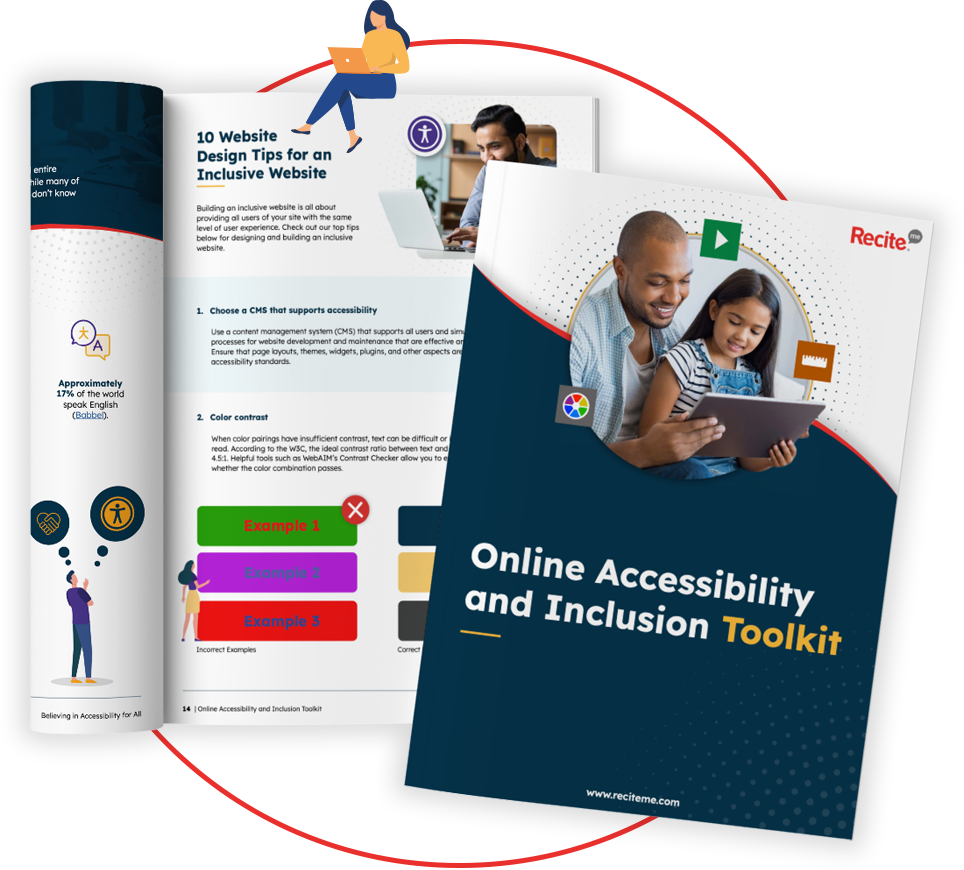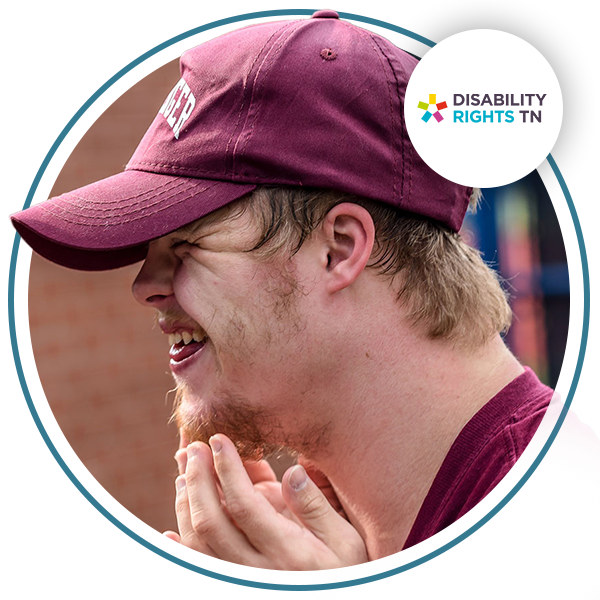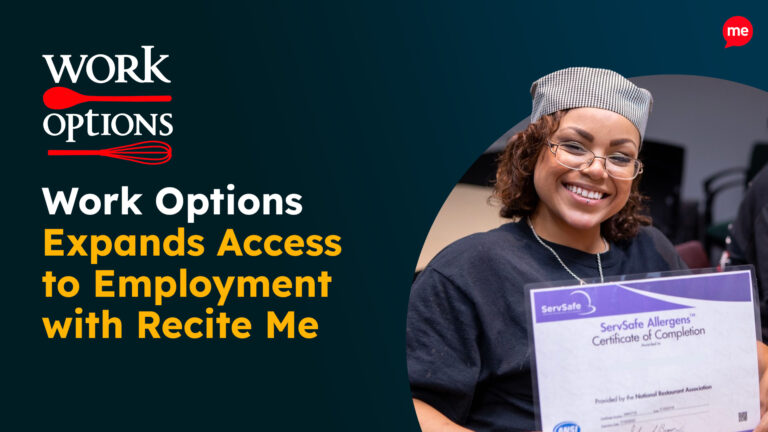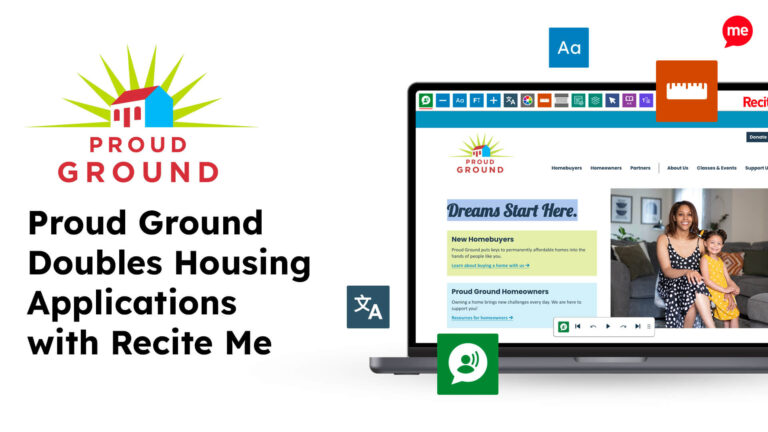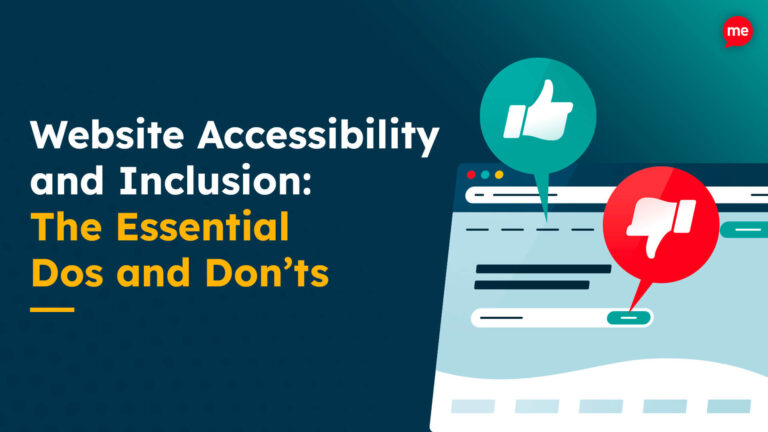This month marks the 35th anniversary of the Americans with Disabilities Act (ADA), an annual celebration of a landmark civil rights law that works to ensure all people with disabilities have the same rights and opportunities as everyone else. We caught up with Lisa Primm, Executive Director at Disabilities Rights Tennessee to discuss the importance of protecting and advocating for the civil and legal rights of individuals with disabilities.
What does Disability Rights Tennessee work to achieve, and what support do you provide for people with disabilities?
Disability Rights Tennessee (DRT) works to protect and defend the legal rights of people with disabilities to live a life free from harm, free from discrimination, and free to fully participate in their communities.
DRT helps a wide range of issues which may include education, barriers to work, long-term services and support, community living, vocational rehabilitation, traumatic brain injury, abuse & neglect, residential services, and assistive technology. DRT may provide the following FREE services: Referral and Resource Connection, Investigation of Abuse & Neglect, Advocacy Services, Legal Representation, Education & Outreach, and Public Policy Advocacy. Each issue is unique and will be considered for available services.
How is Disability Rights Tennesse providing an inclusive experience for all?
DRT is rooted in the values of equality, justice, and inclusion. DRT’s services are provided for free to all Tennesseans with disabilities regardless of race, class, gender identity, sexual orientation, religious affiliation, or immigration status. Furthermore, our work is driven by an understanding that people with disabilities are complex and unique individuals with intersecting identities whose distinctive needs must be taken into consideration to provide effective services. And we acknowledge that people with disabilities, particularly people of color with disabilities experience abuse, neglect, and discrimination disproportionately against White/Caucasian people with disabilities. This context and vision drive all our work to be rooted in person-first and client-led services and guide our organization’s structure and hiring practices.
How does accessibility play a part in disability advocacy?
Accessibility is essential in advocacy work. DRT strives to make its spaces, services, and communications accessible to all abilities by anticipating the needs of clients, staff, collaborators, and community partners. DRT follows Tennessee ADA guidelines for physical accessibility, provides effective communication through interpreting services, bilingual staff, licensed ASL staff, the use of plain language in internal and external communications, accommodates the needs of the blind and visually impaired, considers and accommodates the needs of neurodiverse populations, and so much more.
DRT prioritizes the interpretation of our events and videos in ASL and Spanish. Visit DRT’s YouTube.
Disability Rights Tennessee is also thrilled to offer the Recite Me toolbar to its web users. People do not always have the assistive technology they need to navigate online. This robust and fully customizable toolbar will allow all users to access our web content and services. Offering tools like Recite Me makes business sense for everyone who has a presence on the web.
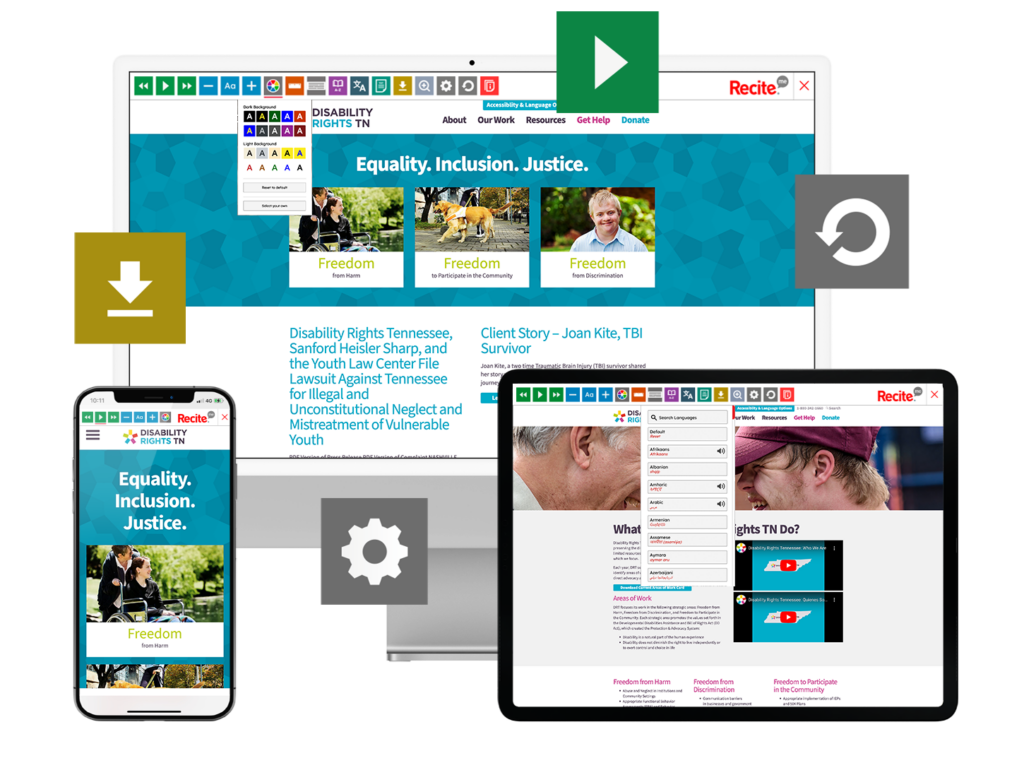
What do you hope for the future of disability advocacy?
Disability Rights Tennessee hopes to continue to expand the reach of its advocacy services by focusing on those issues that are systemically rooted and affect large numbers of people with disabilities. DRT hopes to continue to use the human, financial, and legal resources available to influence policies, protocols, practices, and laws for the benefit of all Tennesseans with disabilities and their families.
Online Accessibility and Inclusion Toolkit
This year we published our Digital Inclusion Toolkit that was developed to help businesses make a real difference in the lives of the millions of people worldwide who encounter online barriers. The toolkit provides practical advice covering the complete landscape of online accessibility, from how to write an accessibility statement to our top tips for providing an inclusive recruitment journey,
